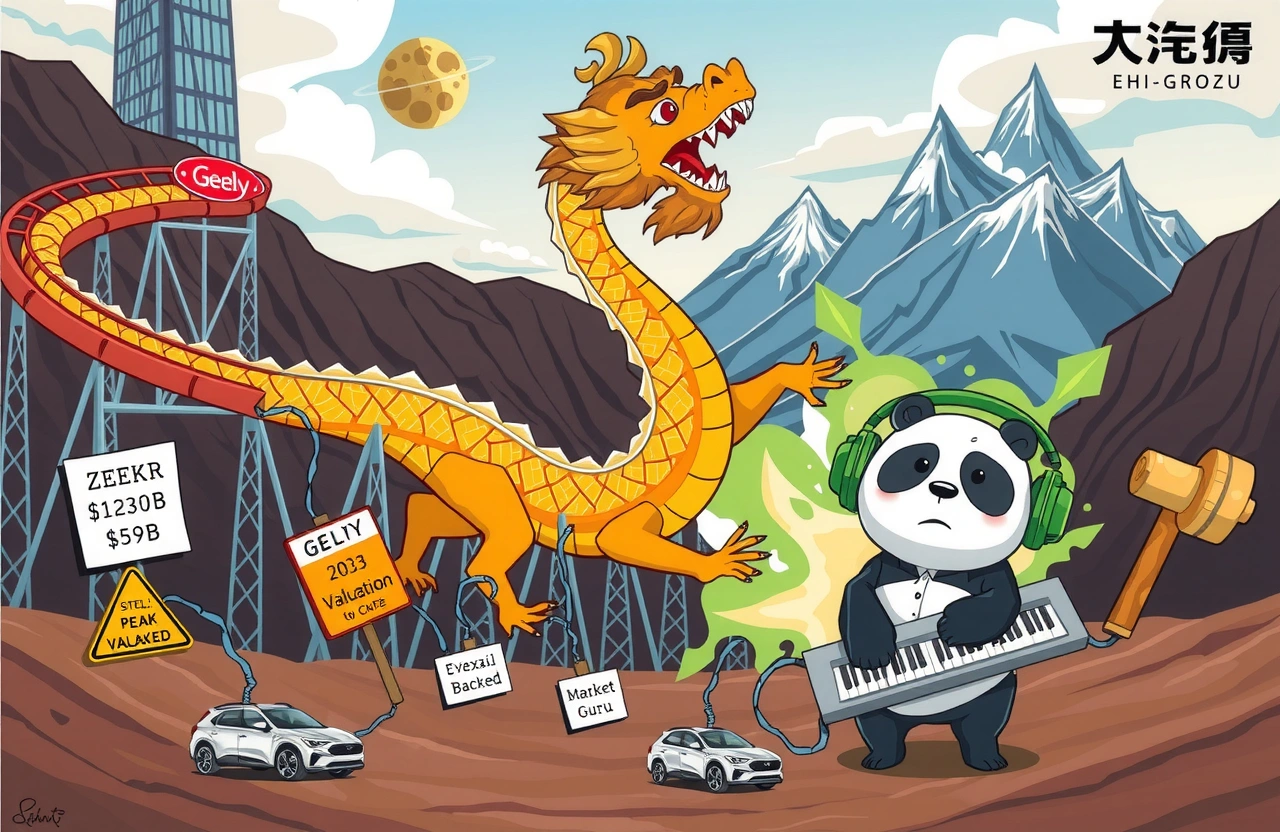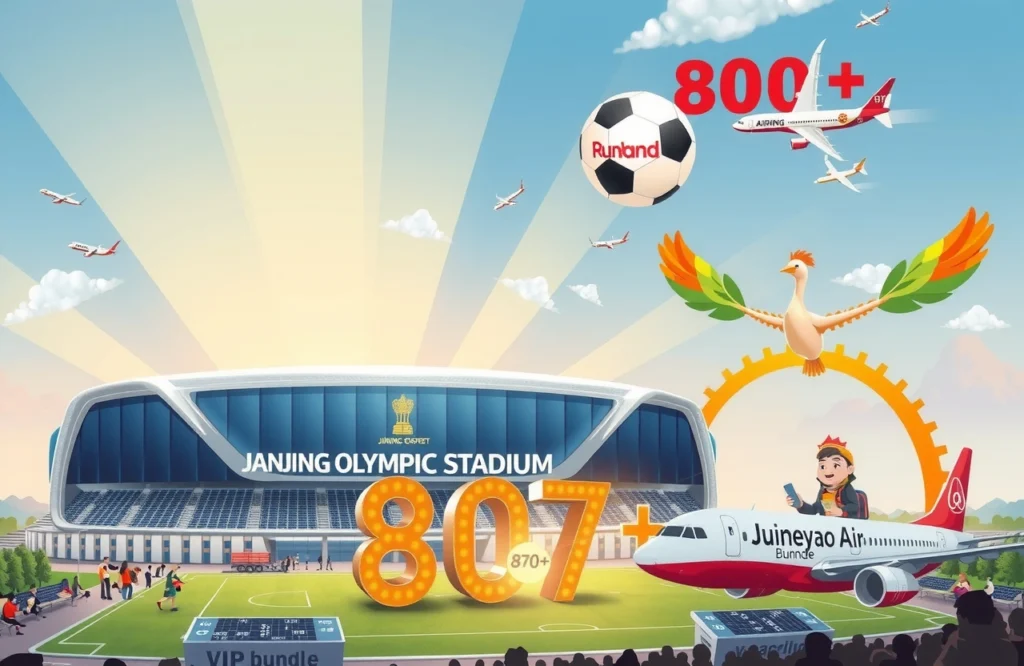The electric vehicle landscape witnessed a seismic shift as Geely’s premium EV subsidiary Zeekr saw its market valuation nearly halve within just 30 months – dropping from $130 billion during its February 2023 funding round to approximately $69 billion today. This valuation collapse coincides with parent company Geely Automobile’s aggressive move to privatize Zeekr, offering $2.69 per share in a $2.4 billion deal announced on July 15th. Strategic investors including battery giant CATL and state-backed Yuexiu Capital now face substantial paper losses after their high-conviction bets during Zeekr’s market peak.
- Zeekr’s valuation plunged 47% since CATL/Yuexiu’s $130B investment
- Privatization enables Geely to consolidate control and streamline EV strategy
- Industry experts cite brutal EV price wars eroding sector valuations
- Geely pivots from expansion to operational optimization
- CATL maintains strategic partnership despite valuation turbulence
The Valuation Freefall: Decoding the Collapse
Zeekr’s financial trajectory paints a dramatic picture: its market capitalization cratered from $130 billion during its Series A funding round in February 2023 to below $70 billion based on Geely’s July 2024 privatization offer. This translates to investors losing nearly $0.47 for every dollar invested during the peak when major players purchased shares at $26.87 per American Depositary Share (ADS). Investor confidence appears shaken despite Zeekr reporting 47% year-on-year revenue growth to $10.5 billion in 2023 – though widening losses ($890 million) tempered market enthusiasm.
$7.5 Billion ‘Peak Money’ Deployments
The February 2023 funding round remains legendary among EV insiders – CATL doubled down on its battery partnership by leading a five-investor consortium that pumped $7.5 billion into Zeekr at premium valuations. Yuexiu Industrial Fund spearheaded state-backed institutional participation alongside cornerstone investors like Mobileye founder Amnon Shashua. Their combined acquisition of 139 million Series A preferred shares represented 6.15% ownership while valuing Zeekr higher than established automakers including Ford ($48B) and Renault ($13B).
IPO Diminished Returns
When Zeekr debuted on the NYSE in May 2024 (ZK), the chilly reception foretold challenges. Though opening at $21/ADS raised $441 million, shares traded sideways while competitors like NIO and XPeng climbed. Market analysts noted worrying discrepancies between Zoomlion’s initial hype and fundamental challenges like China’s EV glut (33% industry capacity unused in 2023) and Tesla’s subsequent price cuts slashing industry margins.
The Privatization Gambit: Geely’s Calculated Consolidation
Geely automed its reversal from global expansion to operational triage via the privatization playbook. Increasing its stake from 62.8% to 100% achieves critical advantages according to their SEC filing: “Eliminating minority shareholders prevents strategic misalignment while accelerating product development cycles.” Industry observers noted parallels to Dell’s 2013 privatization – both companies needed insulation from quarterly market pressures for painful restructuring.
The Three Pillars of Consolidation
- Technical Synergy Acceleration: Integrating Zeekr’s SEA-M platform with Geely’s Lynk & Co and Galaxy brands avoids redundant R&D (saving $300M annually)
- Operational Streamlining: Combining dealership networks and marketing budgets enhances economies of scale
- Capital Allocation Priority: Directing profits toward Zeekr’s European expansion targetting Volvo’s premium customer base
The Investor Gambles: CATL & Yuexiu Capital Underwater
Contemporary Amperex Technology (CATL) exemplifies strategic investing’s double-edged sword – despite facing paper losses exceeding $390 million, China’s battery champion maintains crucial manufacturing integration through Zeekr’s exclusive use of their Qilin battery packs. Conversely, Yuexiu Capital represents purely financial exposure, with Guangdong state asset managers now holding devalued positions acquired near peak valuation.
Behind Closed Boardroom Doors
Yuexiu’s participation likely involved geopolitical considerations, notes China Merchants Securities auto analyst Zhang Xiang: “Regional funds often facilitate policy alignment – Zeekr’s factory in Yuexiu’s home province created thousands of jobs.” Both investors dodged dilution during Zeekr’s IPO by not registering shares. With Geely’s buyout offering cash or stock conversion options, CATL appears inclined toward equity swaps given shared technological roadmaps.
Market Megatrends Crushing EV Valuations
Zeekr’s valuation collapse reflects sector-wide pressures according to CITI Equity Research. Global EV sales growth slowed to 25% year-on-year while inventory piled 40% higher from 2022-2024. “We’ve shifted from scarcity premiums to fundamentals pricing,” notes analyst Yu Fenghui. Brutal price wars ignited by BYD’s sub-$10,000 EV models, coupled with potential EU tariffs targeting Chinese manufacturers, create existential challenges requiring aggressive consolidation.
The Survival Playbook
Tier-2 players must embrace triage strategies:
- Geely model: Vertical integration eliminating external shareholders
- XPeng-Volkswagen approach: Tech-for-manufacturing partnerships
- Neutron Motor’s path: Hyper-niche specialization avoiding mass markets
The Long Game: Zeekr’s Post-Privatization Roadmap
Beyond immediate consolidation, Geely plans Zeekr’s reboot leveraging three strategic advantages unavailable as a public company. Autonomous driving partnerships with Mobileye accelerate without quarterly technology disclosures benefiting rivals. Global expansion focuses exclusively on premium segments – European launches prioritize Norway/Germany targeting AUDI EQ customers. Most crucially, Geely can redirect Galaxy series hybrid profits toward Zeekr’s BEV losses.
The Ultimate Irony
Ironically, privatization might position Zeekr for future public offerings valuation advisors argue – “Operationally streamlined automakers command premium multiples,” notes Deloitte strategy lead Li Qian. China’s EV midmarket glut spares premium brands targeting Europe’s luxury buyers. Market stabilization might enable Zeekr relisting in 2026-2027 at valuations recapturing investor losses.
The Zeekr shakeout represents EV market maturation as brutal industry competition separates contenders from pretenders. Geely’s decisive consolidation move prioritizes operational synergy over capital market validation. Investors watching CATL and Yuexiu’s positions should note private equity’s golden rule: Position papers mean nothing until exit. EV believers searching for actionable signals might monitor European sales data available on the European Automobile Manufacturers Association website – real traction outside China provides valuation recovery oxygen.




